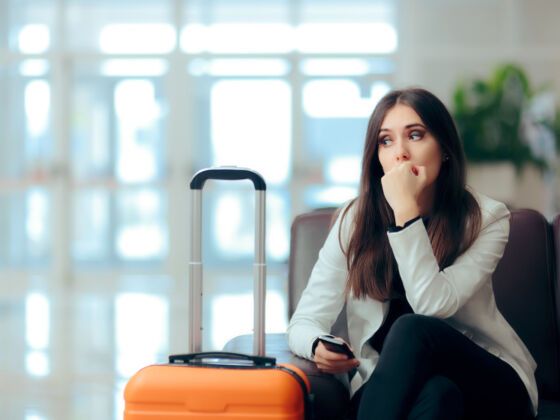If cable news is any indicator, the first horseman of the apocalypse has arrived, and it’s in the form of the murderous plague Ebola. Suddenly, the realistic and terrifying 2011 pandemic film Contagion is appearing on my cable listings, and CNN is calling Ebola — I’m not kidding — “the ISIS of biological agents.”
To be fair, Ebola is pretty frightening. The outbreak in West Africa is an appalling tragedy, and exposes gaping flaws in our global public-health systems. Ebola is a horrible disease and an awful way to die, which in itself is terrifying. But the panic around Ebola is mostly a cynical attempt by hack news agencies to stoke their ratings.
